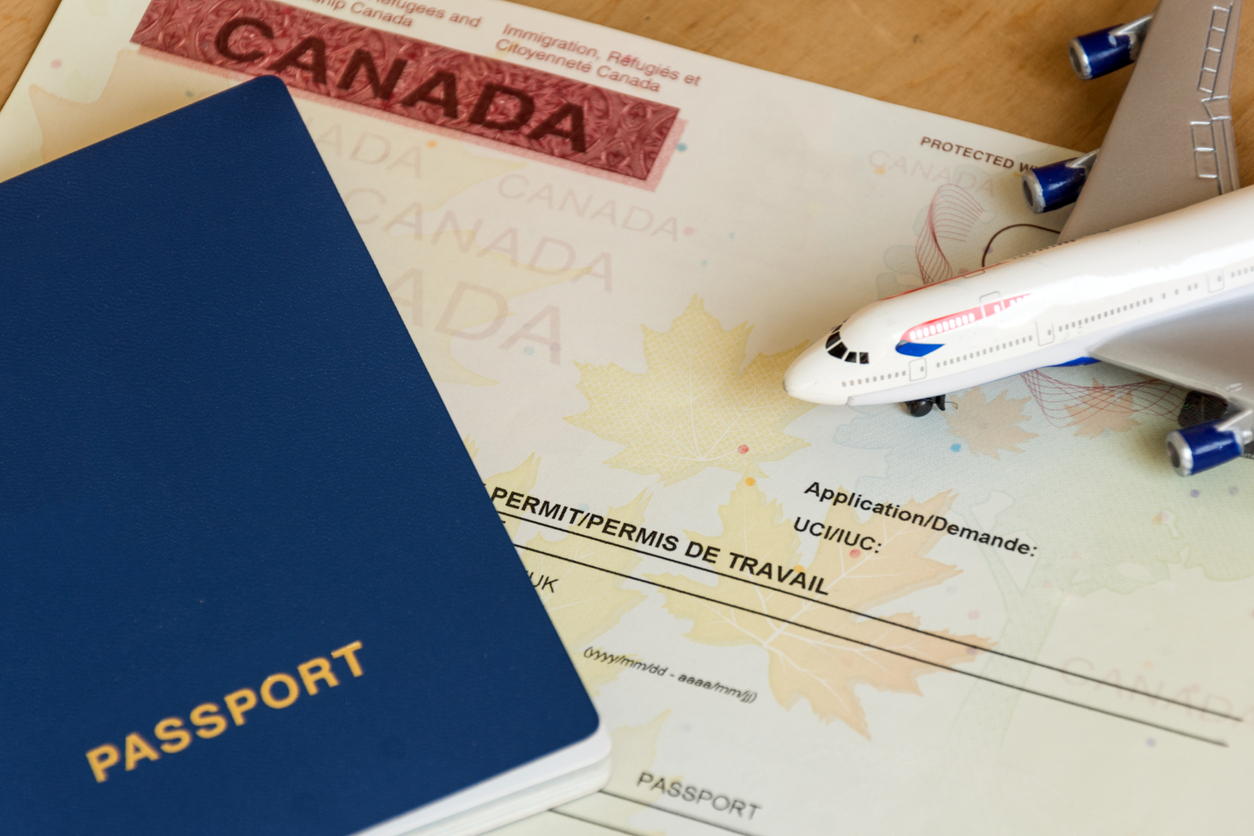There are other limited situations when foreign workers may get work permits without LMIA. These permits are called LMIA Exempt Work Permits, and can be obtained:
- International treaties like the Comprehensive Economic and Trade Agreement (CETA) and Progressive Agreement for Trans-Pacific Partnership (PATPP).
- If the permit is of economic, social, and cultural benefit to Canada
- Due to reciprocal agreements, Canada or its provinces enter with foreign governments, e.g. youth exchange programs.
- To offer educational opportunities to international students
- To pave way for charitable and religious activities
- To allow spouses/common-law partners of particular work and study permits to seek employment in Canada
- To allow at-risk-of-abuse immigrants to work on employer-specific positions
Employer Extends their Temporary Work Offer
Following a positive or neutral LMIA from ESDC, a potential Canadian employer is required to offer a copy of the LMIA and the details of the job offering to the prospective worker. The employee will need that information when applying for the work permit.
Foreign Employee Applies for the Work Permit
Once the foreign worker has all the required documents (LMIA, Job details, and CAQ), s/he can then embark on applying for a work permit from IRCC. Depending on their country of origin, the worker may require a TRV. Thus, they will first need to have an application of the temporary work permit when registering for a Canadian Visa in their respective countries.

Issuance of Work Permit
Issuance of the temporary work permit takes place at the Canadian Border Services Agency (CBSA) when the foreign employee sets foot in Canada. Usually, the validity period of the work permit may range from a few days to several years, depending on the job description. An employer is limited to work for the employer detailed under the permit. Therefore, if a new job opportunity arises and the foreign worker hasn’t obtained a permanent residence, s/he will have to apply for a new work permit before switching jobs.
Critical Facts About Working in Canada
- For purposes of immigration into Canada, the term “work” refers to an activity for which wages and commissions are earned or one that competes with other economic activities of Canadian residents, regardless of the duration of the intended work.
- The Canadian Immigration Agency requires the issuance of a work permit to govern job-related activities in Canada. The permit is only granted once the immigration authorities determine that it’s backed up by an LMIA approval from ESDC.
- Mostly, jobs offered by Canadian employers require for a Canadian work permit.
- Canadian work permits are issued temporarily. However, they may be extended once the foreign worker has entered Canada.






